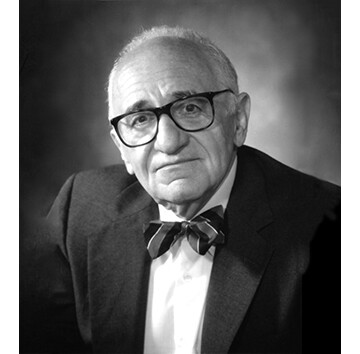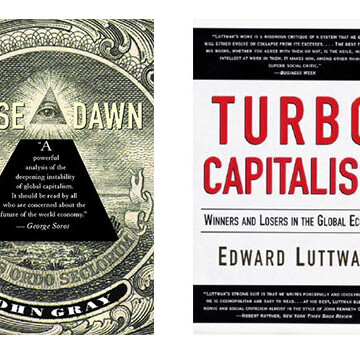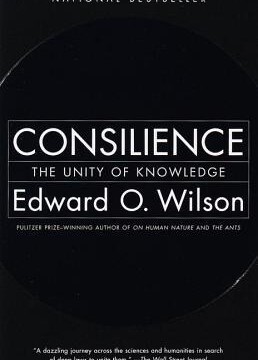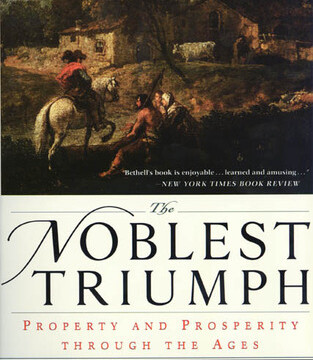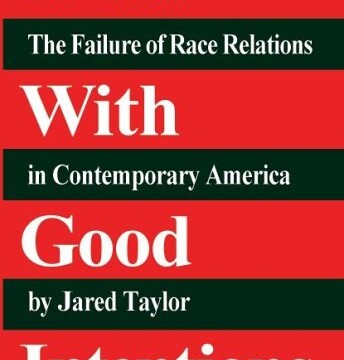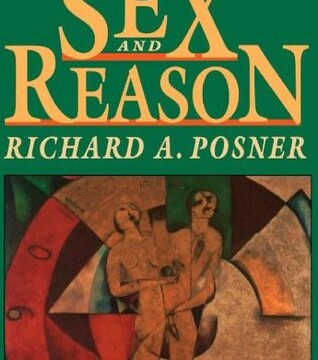Murray Rothbard, the principal founder of post-World War II American libertarianism, died 24 years ago. Lew Rockwell, one of Rothbard’s closest friends and the founder of the Mises Institute and LewRockwell.com, offers this description of his core ideas: If you want to understand Murray Rothbard, you need to keep one principle in mind…Murray believed in a...
Author: David Gordon (David Gordon)
Confessions of an Autodidact
From the September 2005 issue of Chronicles. Is self-education a good idea? The greatest of my teachers, Walter Starkie, in his delightful autobiography Scholars and Gypsies, recalls a comment made in 1914 by his godfather, J.P Mahaffy, the legendary provost of Trinity College, Dublin, about W.B. Yeats: “Poor fellow! He is an autodidaktos—he never worked...
A Theory of Fairness
From the December 1998 issue of Chronicles. “Mine is better than ours.” —Benjamin Franklin Tom Bethell, here as often before, uses sturdy common sense to challenge experts in their own field. In a controversial article many years ago, he dared to suggest that evolutionary biologists have exaggerated the evidence for Darwinism. Though...
Confessions of an Autodidact
Is self-education a good idea? The greatest of my teachers, Walter Starkie, in his delightful autobiography Scholars and Gypsies, recalls a comment made in 1914 by his godfather, J.P Mahaffy, the legendary provost of Trinity College, Dublin, about W.B. Yeats: “Poor fellow! He is an autodidaktos—he never worked under a Master.” Yeats did not end...
American Impunity and Incompetence
As the War on Terror drags on, it appears that immigration policy remains a constant, while its interpretation changes like spring fashions in Paris. An Englishman once quipped that a diplomat’s job is to lie for his country. Blunt truths aside, a diplomat’s role might also be to further his nation’s interests in—and manage relations...
The Force of Capitalism
“Trade is a social act.” —John Stuart Mill If only all of John Gray’s False Dawn were as good as the first two pages of Chapter 6! In them, our author succinctly and accurately diagnoses why communism in Soviet Russia failed. “Between 1918 and 1921,” Mr. Gray writes, the Bolsheviks attempted...
Biological Morality
Edward Wilson views the humanities today with alarm. In the hard sciences, the pursuit of objective knowledge remains the order of the day. Not so in literary studies, where deconstruction dissolves hard facts into arbitrary perspectives. Each author’s meaning is unique to himself, goes the underlying premise; nothing of his true intention or anything else...
A Theory of Fairness
“Mine is better than ours.” —Benjamin Franklin Tom Bethell, here as often before, uses sturdy common sense to challenge experts in their own field. In a controversial article many years ago, he dared to suggest that evolutionary biologists have exaggerated the evidence for Darwinism. Though roundly criticized by supporters of orthodoxy,...
Straight Talk
A reviewer of Jared Taylor’s impressive new book faces a dilemma. If a book’s principal thesis is valid, a critic must of course say so. But a difficulty arises in the present instance. According to Taylor, public orthodoxy inhibits discussion of race relations in our country. Dissenters from this orthodoxy face retribution. With remarkable courage,...
Gradgrind in Love
Richard Posner has a complaint against many of his fellow judges. Owing to their lack of up-to-date information and their conservative backgrounds, his colleagues often decide cases that touch on sex in an ignorant and benighted manner. Judge Posner aims to remedy matters with this comprehensive treatise, which offers both a theory of how sexual...
